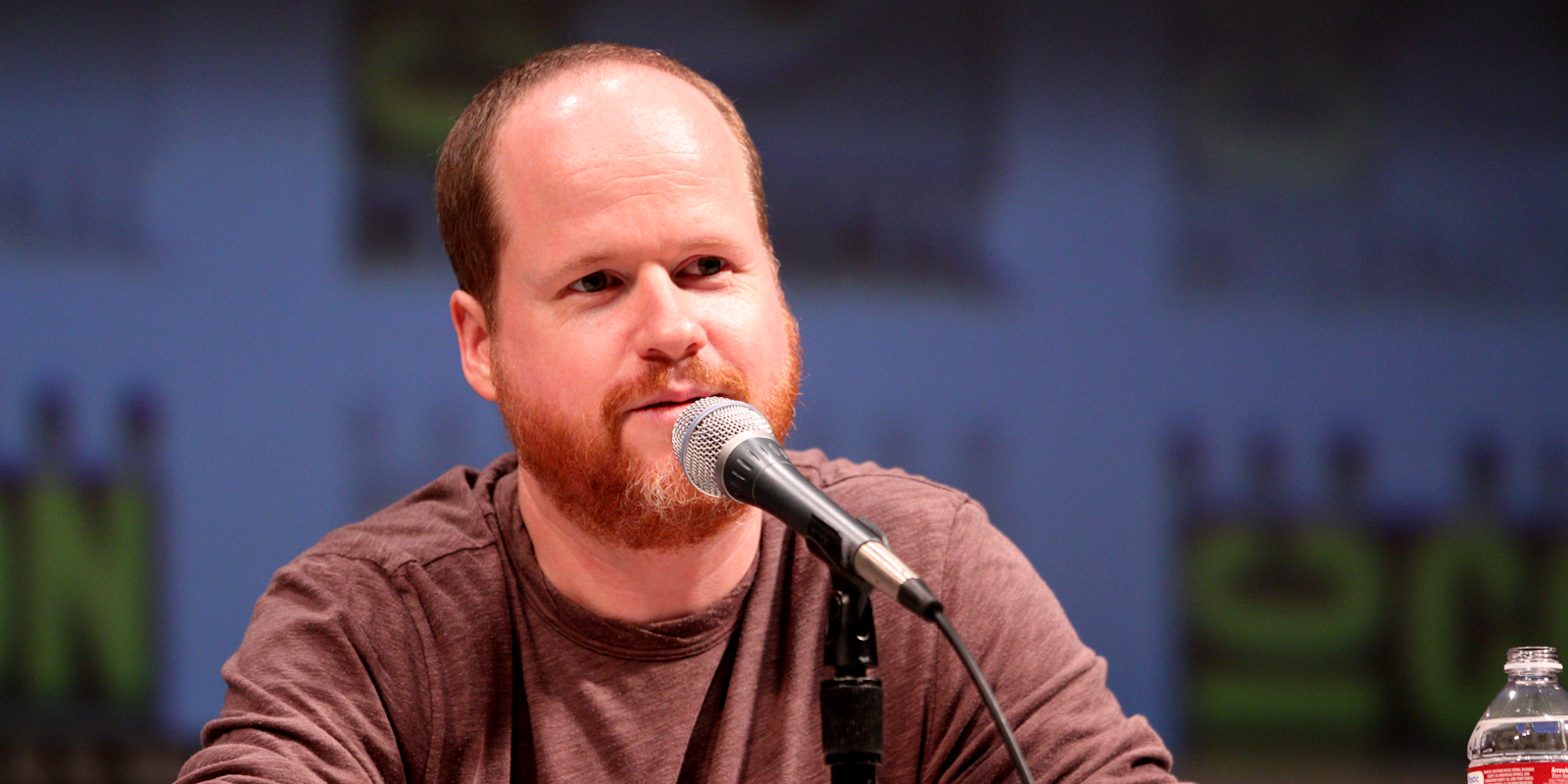Joss Whedon has always kept his personal life as private as possible. Fans are vaguely aware that he’s married with kids, and if you saw Much Ado About Nothing, you probably know that his then-wife, architect Kai Cole, designed their family home. Their 2012 separation and 2016 divorce were quiet, barely intruding on Whedon’s high-profile work as a blockbuster writer/director. Until now.
On Sunday, The Wrap published an explosive article from Kai Cole, stating that Whedon cheated on her with “actresses, co-workers, fans and friends” throughout their 16-year marriage. She paints an unsettling picture of a man who allegedly exploited his feminist reputation to behave like a stereotypically creepy Hollywood producer, sleeping with young actresses while lying to his wife.
Cole quotes a letter where Whedon belatedly admitted to his first affair on the set of , saying, “I was surrounded by beautiful, needy, aggressive young women. It felt like I had a disease, like something from a Greek myth. Suddenly I am a powerful producer and the world is laid out at my feet.” She accuses him of using her for emotional support in private and as a shield in public, “so no one would question his relationships with other women or scrutinize his writing as anything other than feminist.” After being diagnosed with PTSD, she has spent the past five years coming to terms with the truth about their marriage.
Whedon’s response is less than encouraging. Without actually denying Cole’s accusations, Whedon’s spokesperson says the article includes “inaccuracies and misrepresentations which can be harmful to their family.” Essentially, he implies that Cole could hurt their children by going public.
Like any other unpleasant revelation about a beloved celebrity, fans will debate the truth ad infinitum. But if you’ve seen other male feminists fall from grace, Kai Cole’s story sounds both familiar and thoroughly plausible. It also fits the increasingly conflicted public narrative about Whedon’s much-touted feminism, following the rediscovery of his sleazy Wonder Woman screenplay, and the ugly rumors about his treatment of actress Charisma Carpenter. (When Carpenter became pregnant during Angel‘s fourth season, Whedon rewrote her character Cordelia with a widely criticized pregnancy-and-coma storyline, before killing her off without informing Carpenter in advance.)
It’s not hard to find stories about famous directors using their power to behave like creeps. Michael Bay‘s alleged sexual harassment, for example, is practically an in-joke, beginning with Megan Fox‘s sexy car-wash Transformers audition. He’s infamous for portraying women lasciviously onscreen while disparaging them in interviews, and it hasn’t hurt his career.
Joss Whedon, however, is a different situation. On top of the PR protection we can assume he received as a Marvel/Disney director, he was shielded by his overwhelming popularity as a feminist icon. Nobody wants to see their heroes crash and burn.
As Cole’s accusations spread, people will argue that Whedon’s personal life is a private matter and irrelevant to his work—that judgemental feminists just want to tear him down, and that it’s puritanical to punish him for infidelity. But that ignores the importance of Whedon’s feminist persona and how he preserved that brand by keeping his true behavior a secret. Supported by an enthusiastic audience of young women, he built a career as a geek feminist. So while his infidelities are a private failing rather than a public crime, fans have every reason to feel betrayed. It’s especially relevant in the case of Buffy, where he seemingly used his position of power to sleep with young female employees while crafting his image as a champion for Strong Female Characters.
This kicks off another debate about whether we can separate an artist from their work, a question with a complicated answer. It’s entirely possible to separate an artist from our relationship to their work, which in this case involves a generation of fans who grew up with Buffy and Firefly. You can’t erase the cultural impact of Whedon’s career or his central role in conversations about feminist media. At the same time, you can’t disconnect his personal life from his artistic output. Some fans even greeted Kai Cole’s article with a dispirited sense of inevitability, because after studying the darker side of Whedon’s career, this alleged behavior wasn’t wholly surprising.
Joss Whedon’s conflicted attitude to women has always been visible in his work. His heroines are often attractive white women who have their bodily autonomy stripped away (Dollhouse, River Tam, Cordelia, Black Widow), and his depiction of sex work in Firefly and Dollhouse was deeply troubling. His unproduced Wonder Woman screenplay sexualized Diana to a ludicrous degree in a story that seemed colored by self-loathing about sexist men. If we acknowledge that Whedon’s political ideals effected his work in a positive way, then we have to acknowledge that his personal failings have an impact as well.
